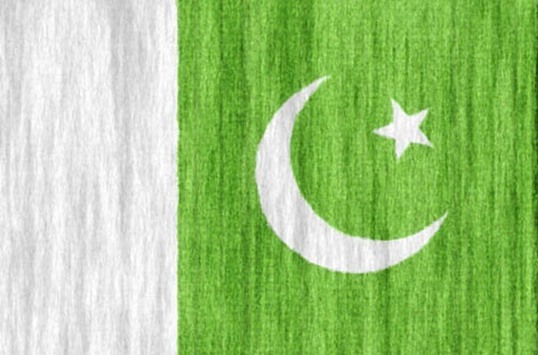The government of Pakistan has conditionally lifted an import ban on Indian cotton and allowed unloading of stuck cargoes of 12,000 bales (170kg) from the neighbouring country, sources said yesterday.
Sources said the Plant Protection Department (PPD) has stopped the import of lint from India, despite the arrival of 12,000 bales at the port on November 20.
Around 10 spinning mills had imported the lint cargos, which was held at the port and they were instructed to re-export the whole lot.
Following the government order, some mills had got the stay orders against the government decision from the courts.
However, a high level meeting of All Pakistan Textile Mills Association (Aptma) and officials of the PPD last week sorted out the matter by allowing conditional delivery of 12,000 bales and further import from India, as Aptma cited they needed more imports as local crop fell short of the target.
The PPD had suspended cotton imports from its top supplier after shipments failed to fulfil phyto-sanitary certification.
Industry officials said Indian exporters have signed contracts to export 350,000 bales to Pakistan since the start of the marketing year on October 1 and out of that nearly 300,000 bales for shipments in December and January could get stuck.
Pakistan, the world’s third-largest cotton consumer, usually starts importing from September.
Last year, Pakistan bought 2.7mn bales from India.
In 2015/16, Pakistan surpassed Bangladesh to become India’s biggest cotton buyer, accounting for 40% of exports.
Pakistan bought $822mn worth of cotton from India last year.
Yasin Siddik, former chairman, Aptma, who attended the meeting with PPD, said that the government has given the conditional permission for lint import from India.“They (PPD officials) said that seed arriving with the lint will be destroyed in the presence of representatives of the PPD,” Siddik said.
One expert said that ginning in Gujarat and Maharashtra states of India was done on ‘roller’ technology, under which some cut seed (binola) remained part of the lint that was later removed by the local spinners.
Although 10% regulatory duty on lint import remained intact, import from India cost almost Rs6,400 to Rs6,500 per maund, almost at the same price available in the local market.
“Following the government decision, around 50,000 bales were booked in the last three days,” said one stakeholder. “Import from US, Brazil or African countries were costly, so Indian lint was the only viable option for the local industry.”
Siddik, on the other hand, said no big lots were booked, as half of the spinners still remained unaware of such permission. “Decision has yet not reached half of the people,” he said.
According to Aptma sources, the millers had imported 1.2mn tonnes of lint from African countries, Brazil and US earlier this season and purchased 1.0mn more bales from the local crop.
Still they required 3.5mn bales to meet the consumption demand, which would now be fulfilled with import from India.
Currently, Pakistan’s cotton arrivals have recorded an increase of 12.33% to 10.14mn bales till December 15, against 9.03mn bales last year, however, crop remains far below consumption demand of 14.5mn bales.
Talking about the lint import from India, Naseem Usman, president, Karachi Cotton Brokers Association, said the import of lint from the neighbouring country was stopped recently after tensions at the border.
Otherwise, he said it had never been stopped. “Last year we imported 2.7mn bales from India that also contained binola,” he said.

award
